Showing 1-15 of 28 results
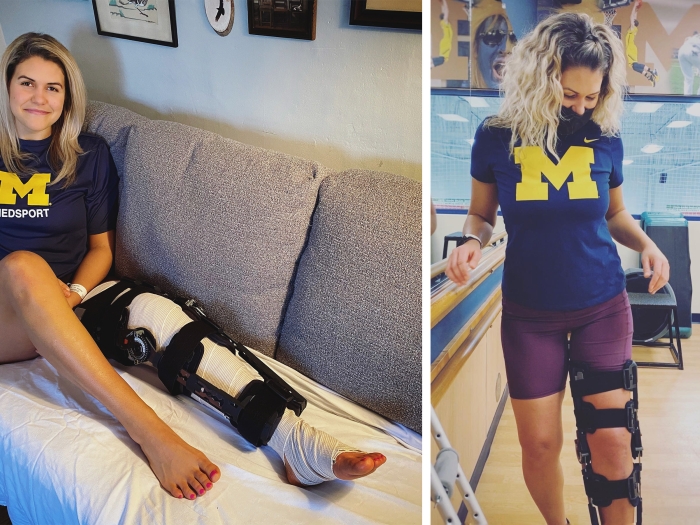
Health Lab
A musician receives live donor cartilage that changes her life.

Health Lab
Experts in brain cancer outline current discoveries and offer a path of hope for glioblastoma treatment

Health Lab
Researchers recently revealed a new mechanism behind antiphospholipid syndrome that the investigators hope will eventually allow treatments to be targeted closer to the source of the problem.

Health Lab
Among people with multiple sclerosis in the United States, more than half experienced at least one fall in a six-month period and approximately one-third of those falls resulted in an injury.

Health Lab
New map of the ovary provides a deeper understanding of how oocytes interact with the surrounding cells during the normal maturation process, and how the function of the follicles may break down in aging or fertility related diseases.

Health Lab
A recent U-M study uncovers a pathway utilized during normal wound healing that has the potential to reverse idiopathic pulmonary fibrosis.

Health Lab
At-home test can detect tumor DNA fragments in urine samples, providing a non-invasive alternative to traditional blood-based biomarker tests

Health Lab
At the University of Michigan Health C.S. Mott Children's Hospital, one physician found a way to help pediatric patients demonstrate different joint movements using a Barbie doll.
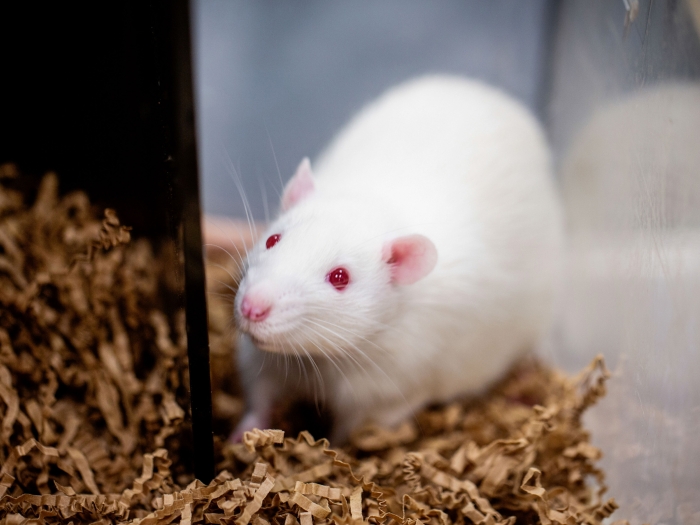
Health Lab
An updated rat reference provides more accuracy for research; could help researchers using rat models for the study of DNA, RNA, evolution, or genes linked to disease risks

Health Lab
A growing number of people living with Alzheimer’s disease and related dementias – especially those from diverse backgrounds – receive care from a network of individuals that increasingly includes nontraditional informal caregivers.
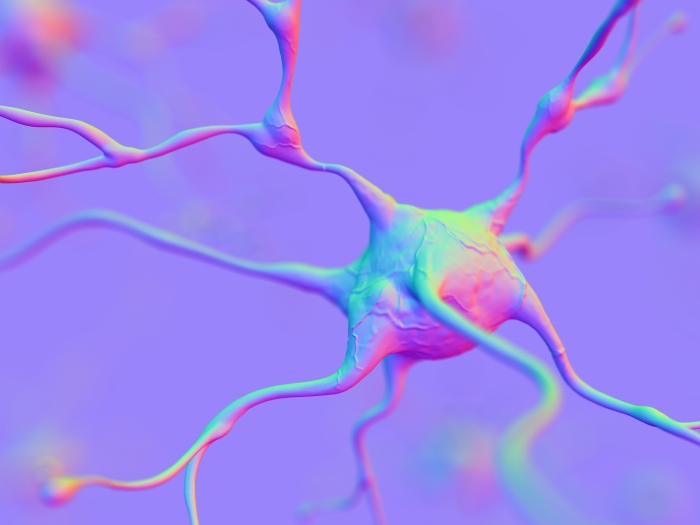
Health Lab
A new study links two autism-associated genes together for the first time, potentially revealing a mechanism behind brain changes seen in people with autism.
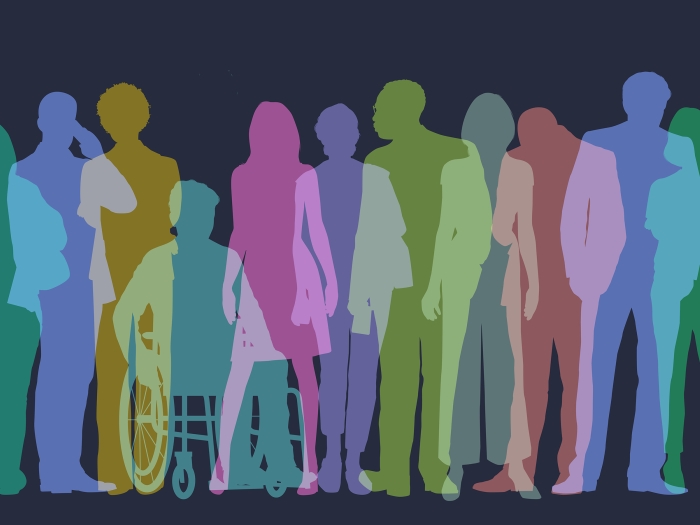
Health Lab
As guest editor for a themed journal issue, Lori Pierce helps highlight the multiple factors that can make cancer care and prevention more equitable and reduce the burden of this disease for all
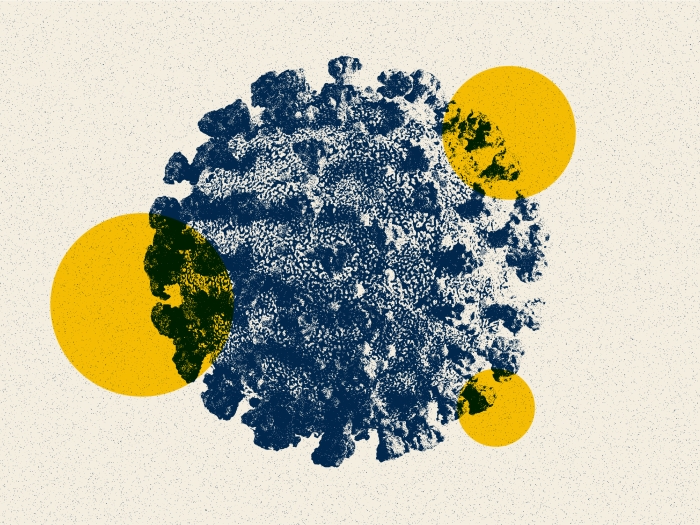
Health Lab
Vaccination against the coronavirus was much lower in adults and children with sickle cell disease despite a higher risk of severe COVID-19.
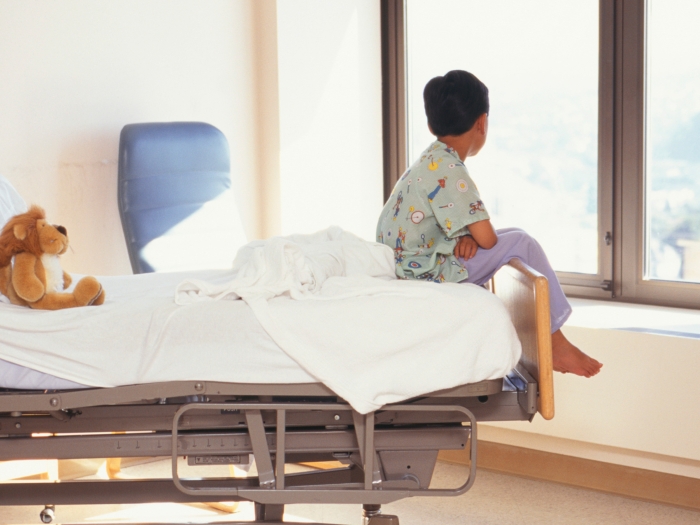
Health Lab
Research from Michigan Medicine experts is shedding light and potentially expanding options for patients living with an aggressive childhood cancer.
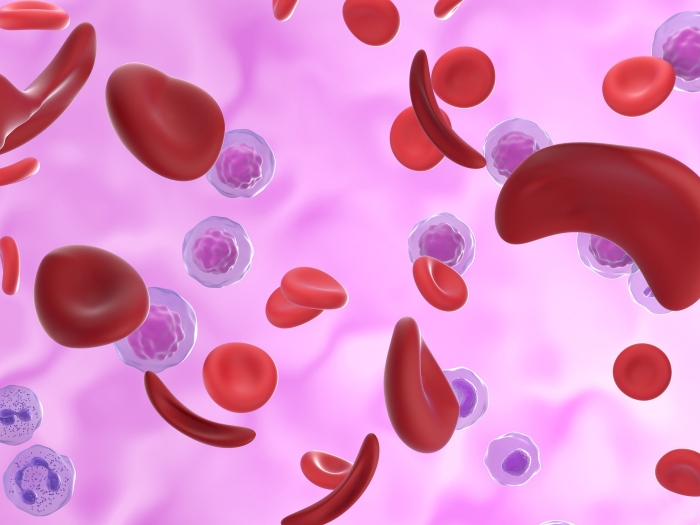
Health Lab
How two newly approved gene therapies, including novel technology CRISPR, may help kids and adults with inherited blood disorders